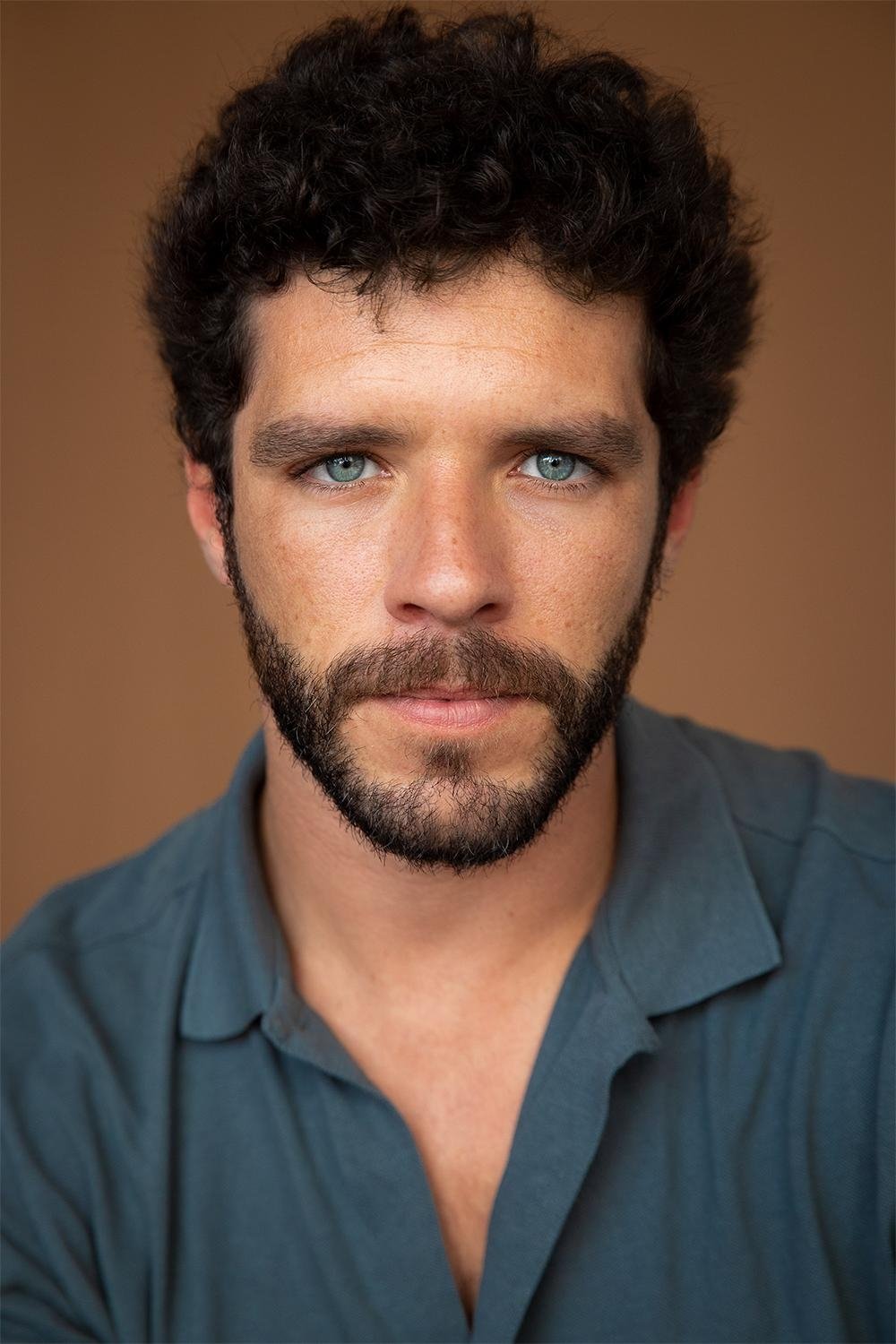
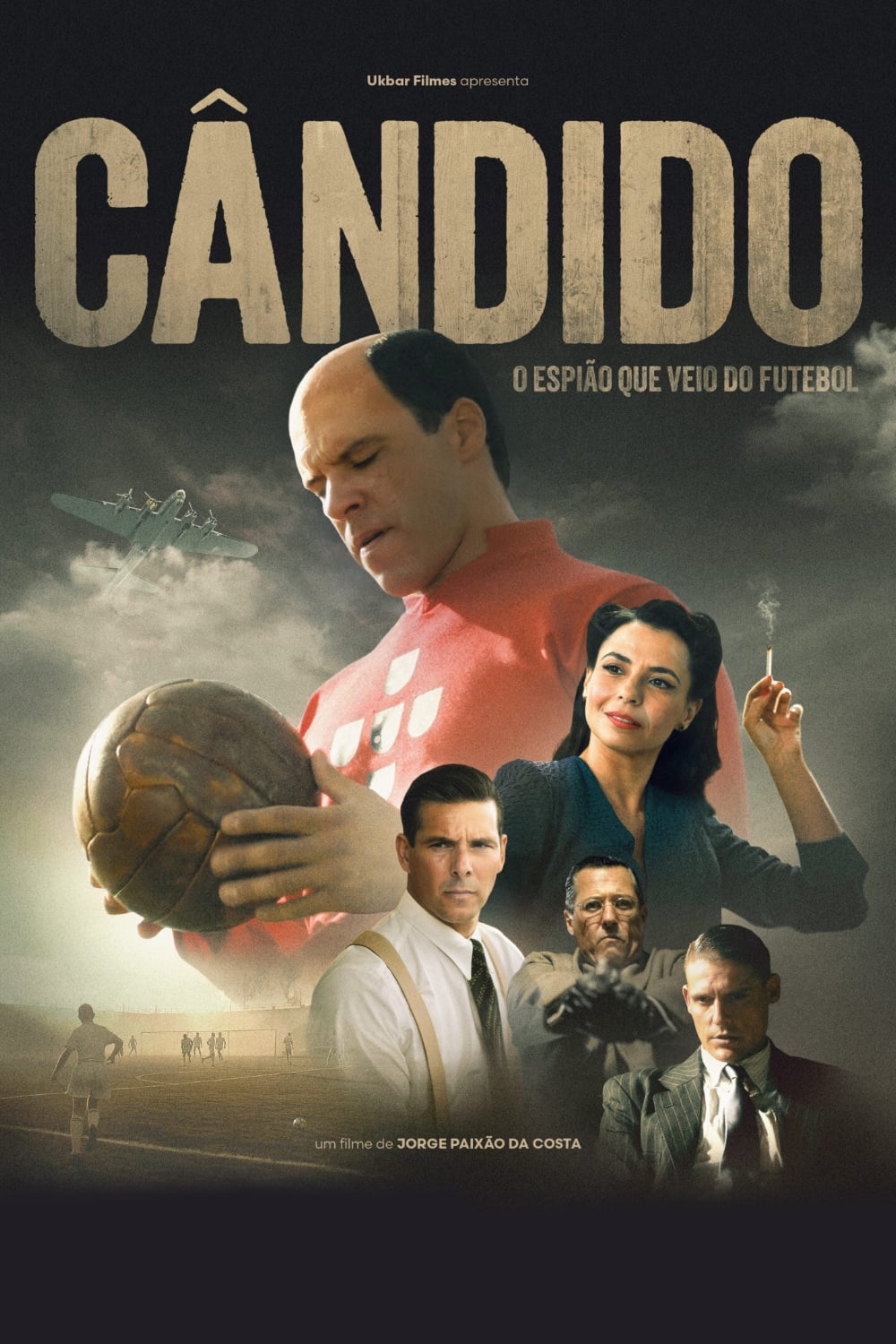
A national coach working in Lisbon during World War II also acted as a spy for the Allies, leading a risky double life


On her birthday, Joana's joy turns to despair when her abusive husband discovers her pregnancy and attempts to harm her. Fleeing the city, she finds refuge on a boat with criminals, but realizing the danger, she sees land beyond so leaps into the water and swims to Terceira Island, leaving her life behind. Exhausted on the shore, she encounters Chico, a lost child, during a religious ceremony. Joana arrives with the child, inadvertently becoming mistaken for a saint 'Our Lady of the Sea', revered by the island's faithful.
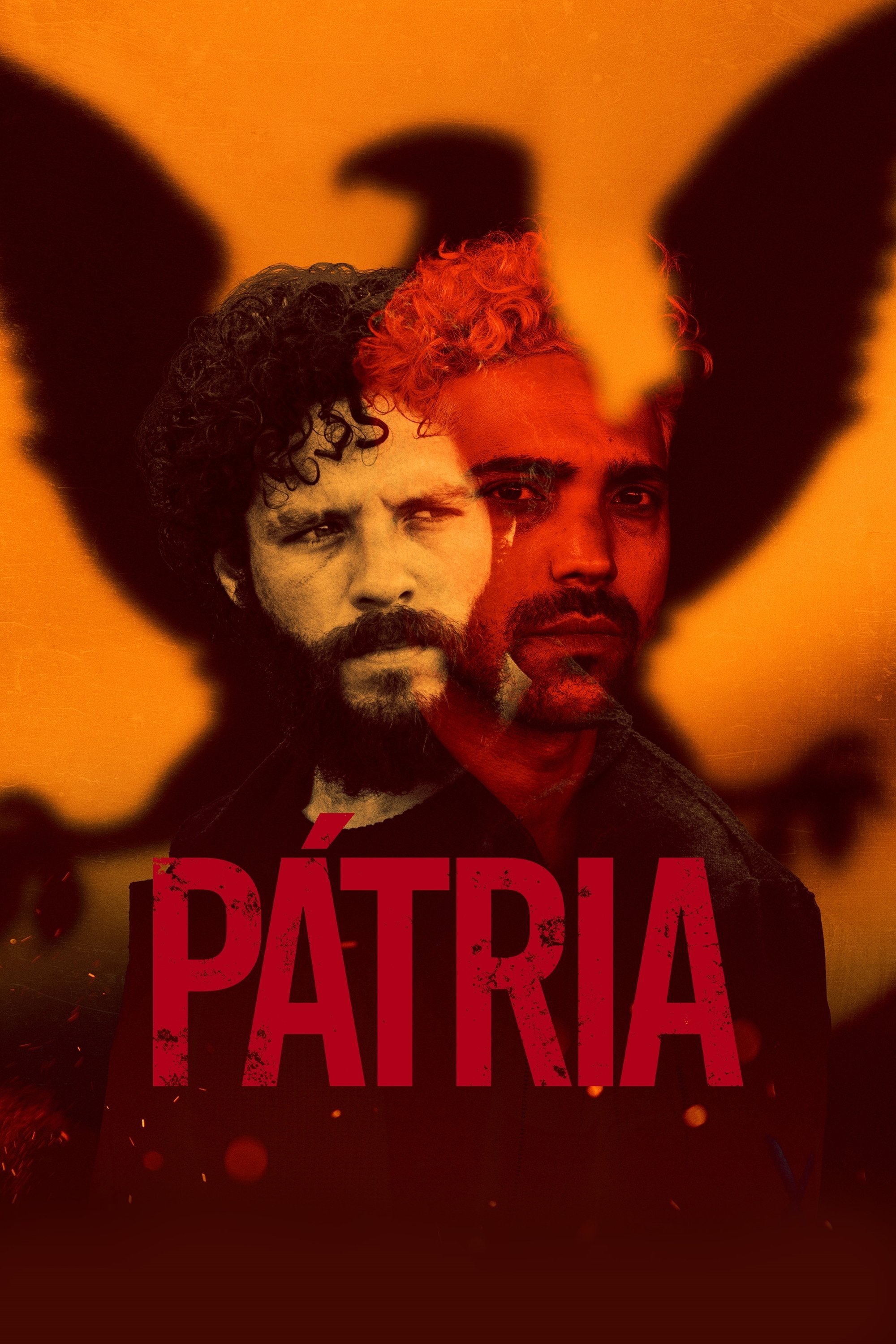
What if, at the end of World War II, an economic crisis had spread to every nation, including those that had not directly taken part in hostilities?
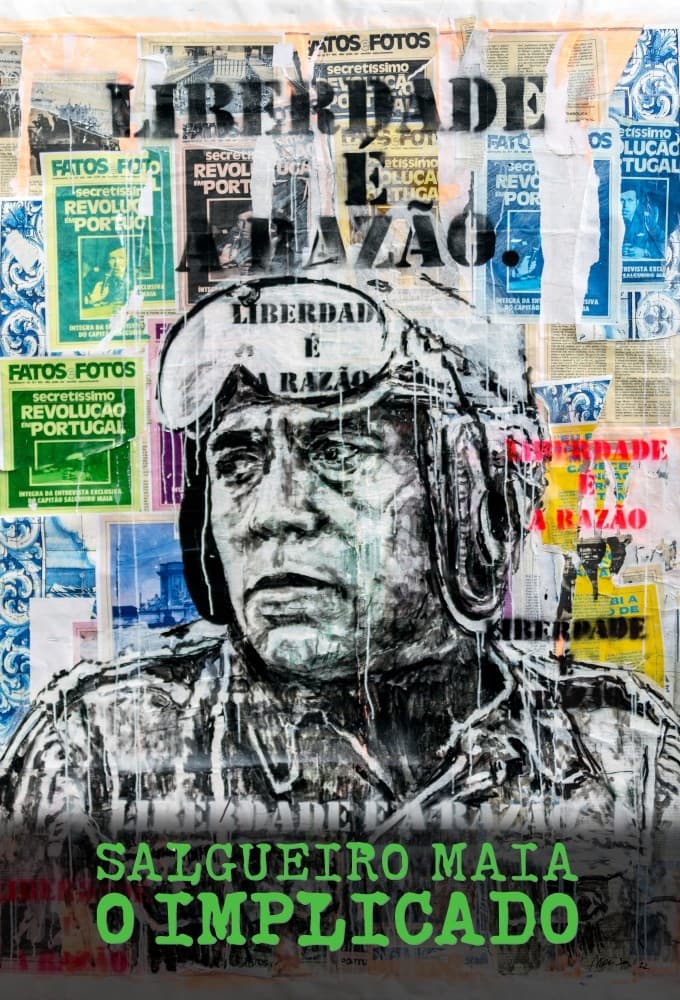
On April 25, 1974, a man walked alone in Largo do Carmo. He knocked on the GNR military barracks door and entered, unarmed and without any escorts. Inside, the Government’s chief, Marcelo Caetano, waited, surrounded by the military and the people. The man who stared at him that afternoon and demanded surrender, guaranteeing his safety, had just led Santarém’s Artillery 1 regiment in taking the capital. Without firing a single shot, he managed to overthrow a regime that was over 48 years old. That was the last step to take and he took it, without hesitation, becoming the unavoidable figure of the day that marked the beginning of democracy in Portugal.
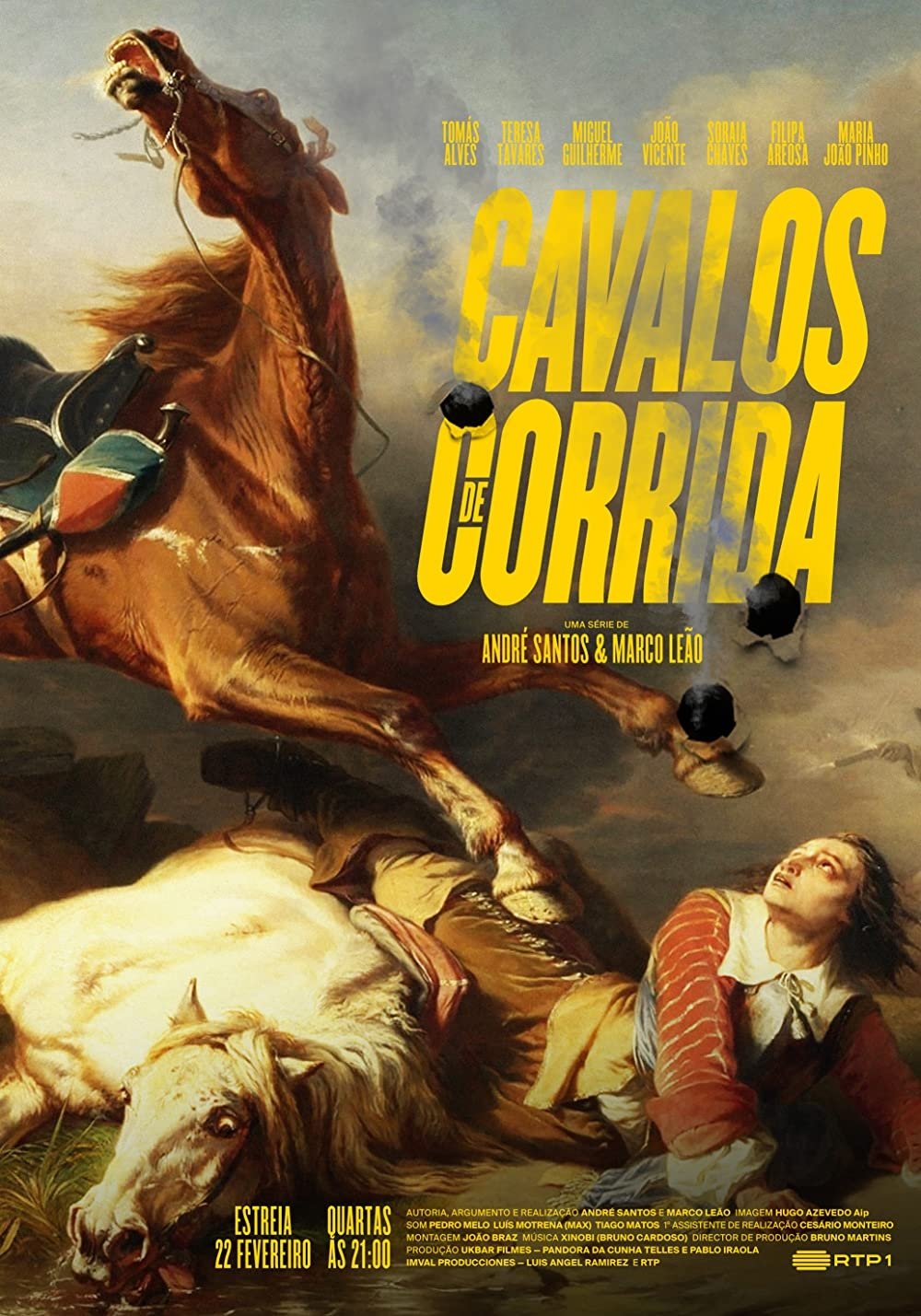
During an eclipse in 1984, an iconic gang of armed robbers is dismantled after robbery of the Banco de Portugal. Part of the group is arrested, the other is murdered. Two members are left together. This event is the result of an anonymous call. Who denounced them? “Racing Horses” tells this gang's story, emphasizing the individual motivations that led each member to choose this way of life. As a backdrop, the bathing area of a Portugal about to enter the European Economic Community.
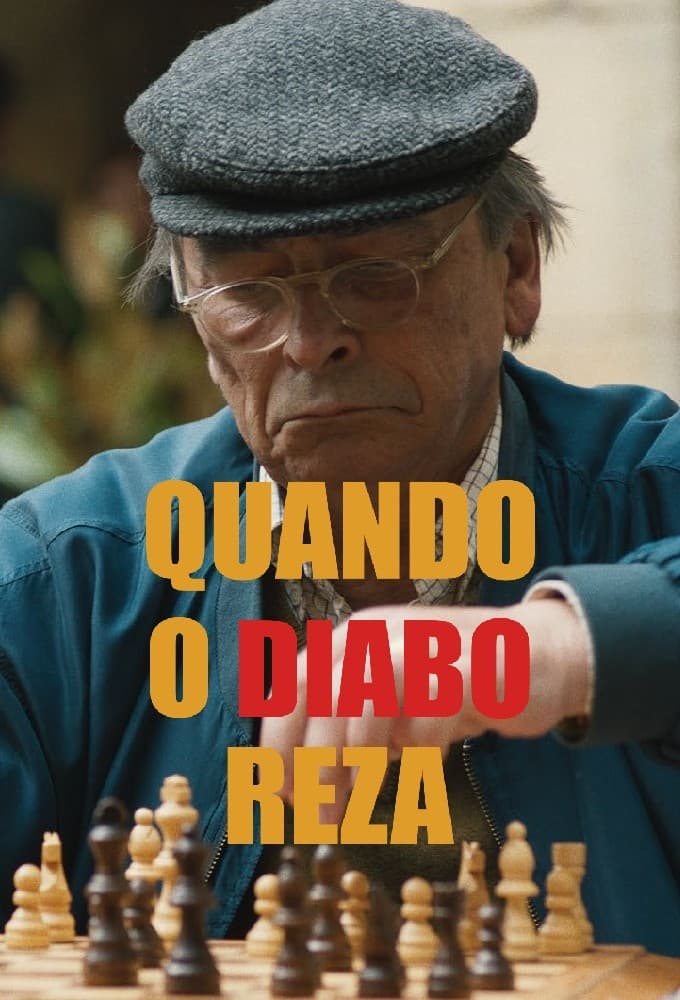
On one side, a bunch of crooks. On the other, two sisters. Nothing unites them except an idea: to relieve the bank account of an old man, who happens to be the sisters' father. The crooks devise a plan to gain his trust and swindle him. The sisters make plans for the last years of their father's life without neglecting the small detail of the inheritance. Each one in their own way, they all dream of the possibilities that the old man's money could bring them. But this one will not be easy prey.

Vera, a single mother with two small children, is forced to have two jobs to survive after her children's father has disappeared. She works as a cashier at a supermarket by day and at night works in a strip club, trying not only to raise her children but also to pay off the debts that her ex-partner left her. Harassed in both jobs, one day she reacts violently when a nightclub client is more daring, being sentenced in court to perform community service in a nursing home, where her irreverence and youth will clash with the authoritarianism and inhumanity of the director. For the elderly who live in the nursing home, Vera is a breath of fresh air that little by little will change their lives, becoming the true home fairy…
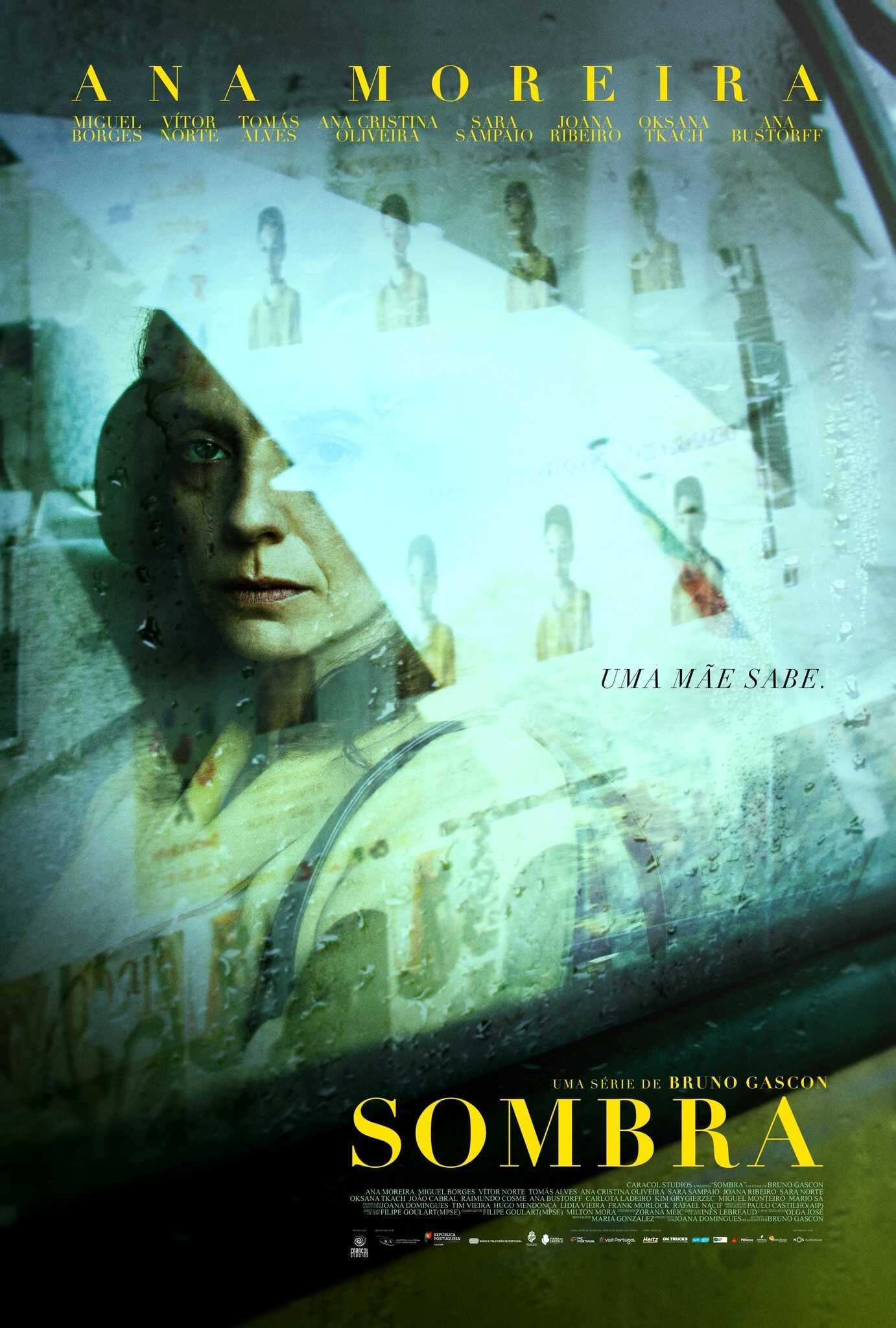
Years after the disappearance of a child, a mother continues to try to find her son after an abduction that authorities cannot solve. As she moves in a world that wants to force her to forget the past and grieve for a child she believes is still alive. Based on a true story
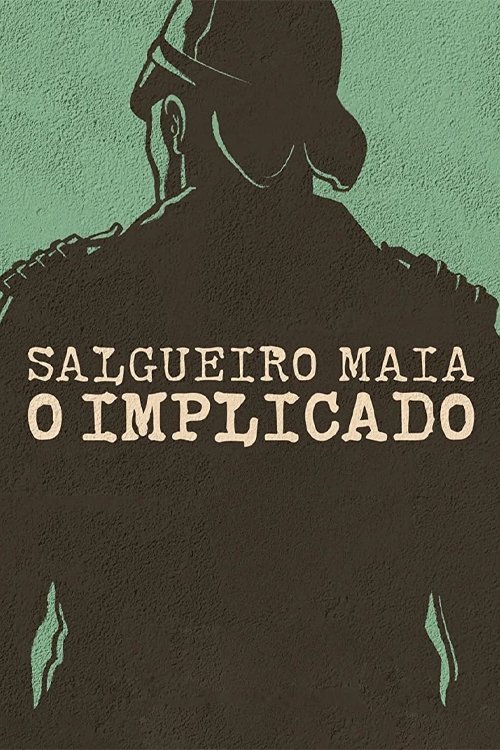
On April 25, 1974, a man walked alone in Largo do Carmo. He knocked on the GNR military barracks door and entered, unarmed and without any escorts. Inside, the Government’s chief, Marcelo Caetano, waited, surrounded by the military and the people. The man who stared at him that afternoon and demanded surrender, guaranteeing his safety, had just led Santarém’s Artillery 1 regiment in taking the capital. Without firing a single shot, he managed to overthrow a regime that was over 48 years old. That was the last step to take and he took it, without hesitation, becoming the unavoidable figure of the day that marked the beginning of democracy in Portugal
By browsing this website, you accept our cookies policy.